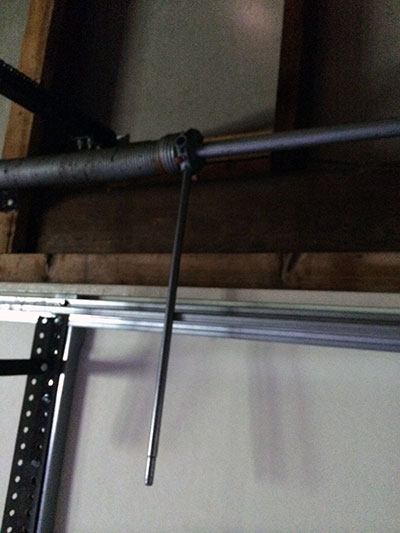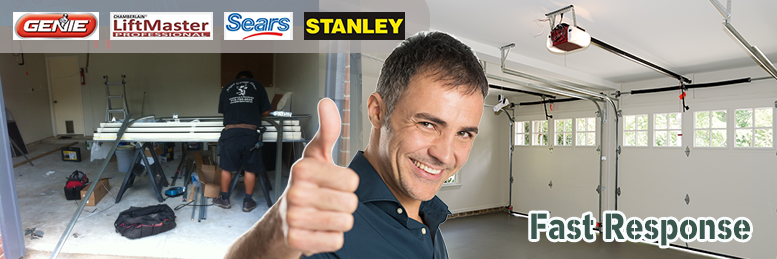813-775-7199 813-775-7199
When dolling out considerable sums of money on advanced garage door units, one expects that each and every component therein should last indefinitely, resulting in evident frustration when they eventually break down. As annoying as it is, this reaction to a broken spring is exceptionally unfair to the component. This is because the springs have to hold a staggering amount of pressure and tension, on a constant basis, to keep your system running smoothly while lifting the heavy door and keeping it up. So if you are expecting your springs to last forever, here are a few reasons why thinking like that is not particularly realistic, since as we all know, nothing lasts forever.
Something’s got to crack under pressure
Extension springs which are generally found near the top of the door, are designed to lift an incredible amount of weight, and are expected to do so for a long time. These parts are fairly sturdy, but with that amount of constant tension (whether the door is in use or not) has to play havoc on the spring eventually.
Torsion coil springs are known for being the hardier option for springs, and users generally get a much longer life span out of them than extension springs, at a slightly higher price. But even their superior design does not make them immortal, the day simply has to come when their structural integrity weakens to the point where they crack or break and require replacement.
Rust can bust a spring in no time
Humid, coastal and damp climates have never been considered much of a friend to alloys, and there is no exception in the case of the springs. If your garage is slightly damp, or the atmosphere is muggy, rust can quickly build up on the springs and corrode or rot them in no time. Even areas that are comparatively dry will eventually enable the spread of rust. This can be taken care of with proper maintenance, but is still another reason why your springs may someday need replacing.
Understanding galvanic corrosion
Not to be confused with rust, galvanic corrosion is the result of acidic consumption of the part, which is the direct result of combining one metal with another when they are exposed to any electrical contact. Being mindful of how you combine and use metals in your system can help with this, but is often unavoidable, especially considering that there is invariably always a current present in the system. Galvanic corrosion is a relatively slow and unnoticeable process and people often only notice the damage once too much of it has been done. With routine maintenance this process can be prolonged, but the day will have to come when the springs will be too far gone, and will need replacing.
View Garage Door Repair Greater Northdale in a larger map


